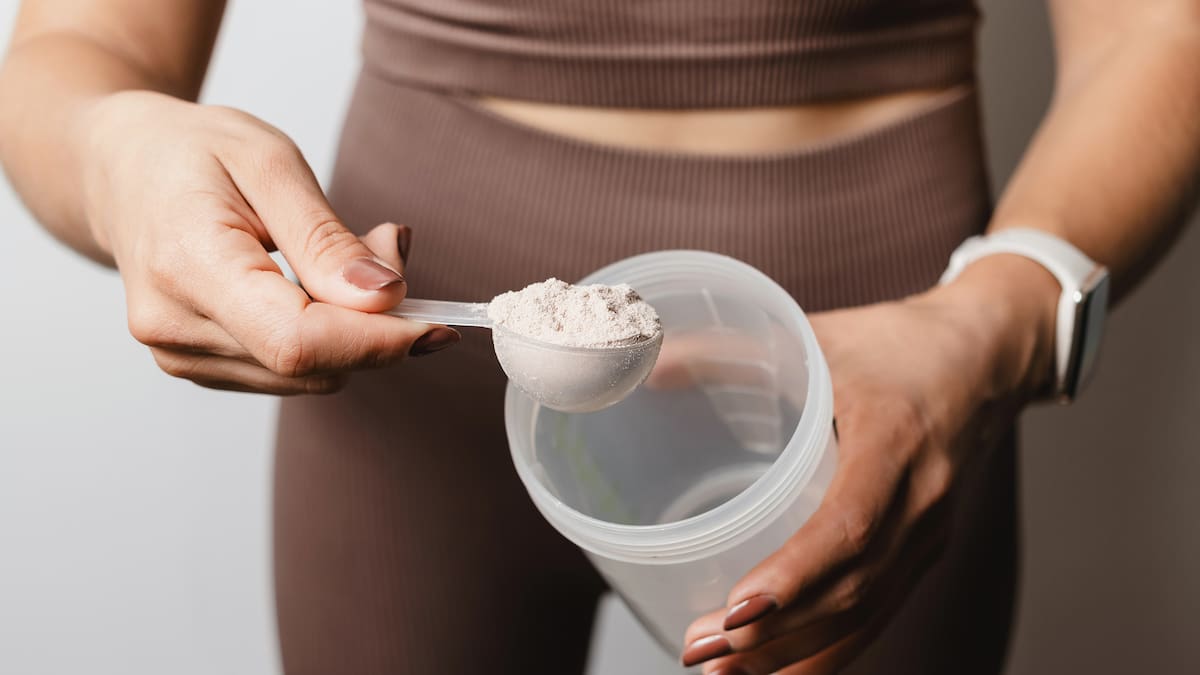What is creatine?
What the research says about creatine
How much creatine should you take?
Should I take creatine and protein powder?
Protein powders are composed of essential amino acids, meaning they are not made naturally by the body, and so we need to get them from our diets. Most people get enough protein from what they eat. But older adults, women and highly active people should pay closer attention.The US Food and Drug Administration does not approve or regulate dietary supplements in the same way as prescription medication, and a report from Consumer Reports released in October found that more than two-thirds of the 23 protein powders tested contained more lead in a single serving that they considered safe to ingest in a day, which they cite as no more than 0.5 micrograms. Formally, the FDA says there is no safe level of lead exposure – and of note, none of the powders tested were creatine powder specifically. But it’s worth considering whether bringing supplements into your body is truly necessary – and worth the potential risks – especially for people who are pregnant or are in other high-risk groups.
What I want my patients to know

